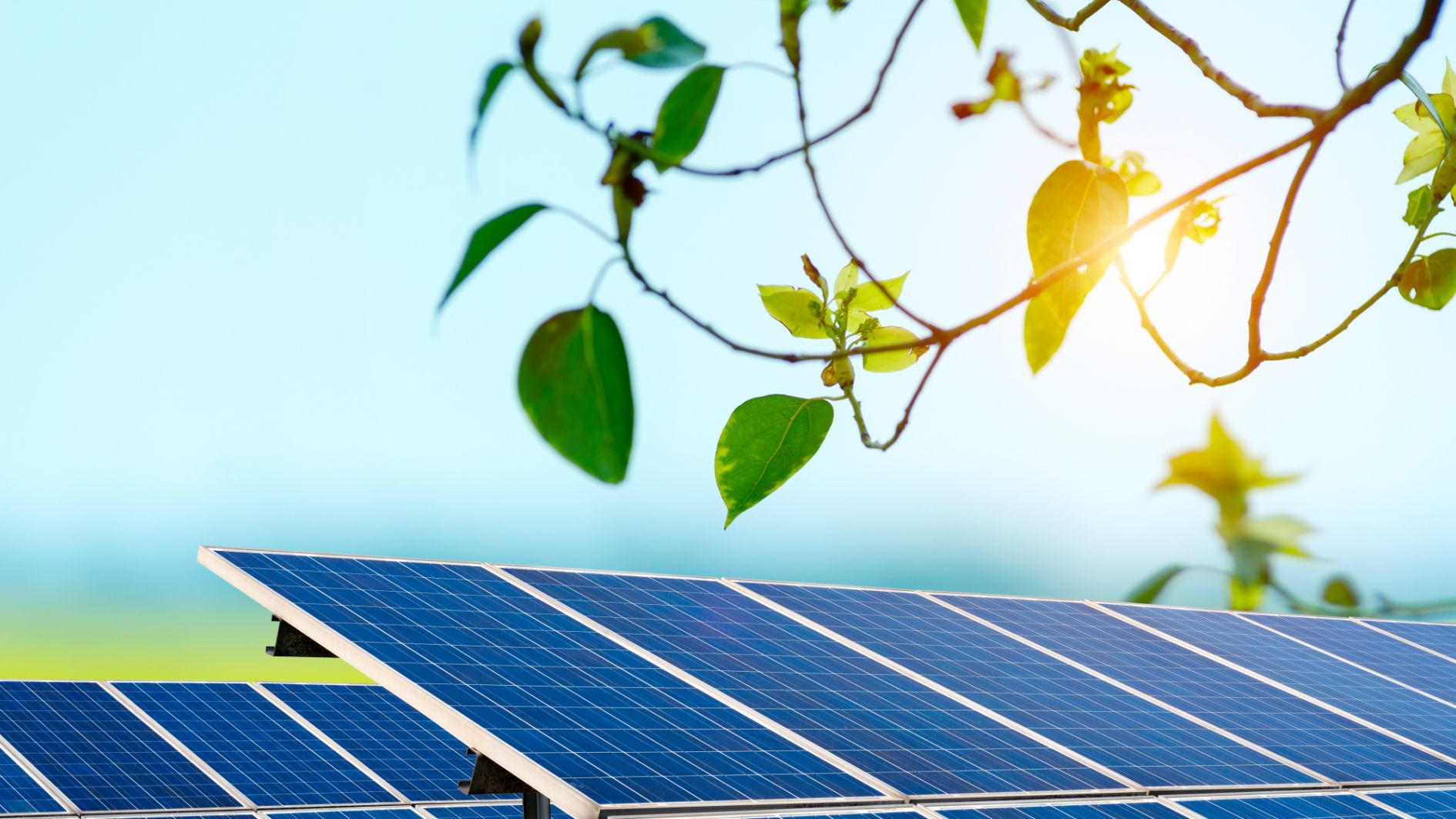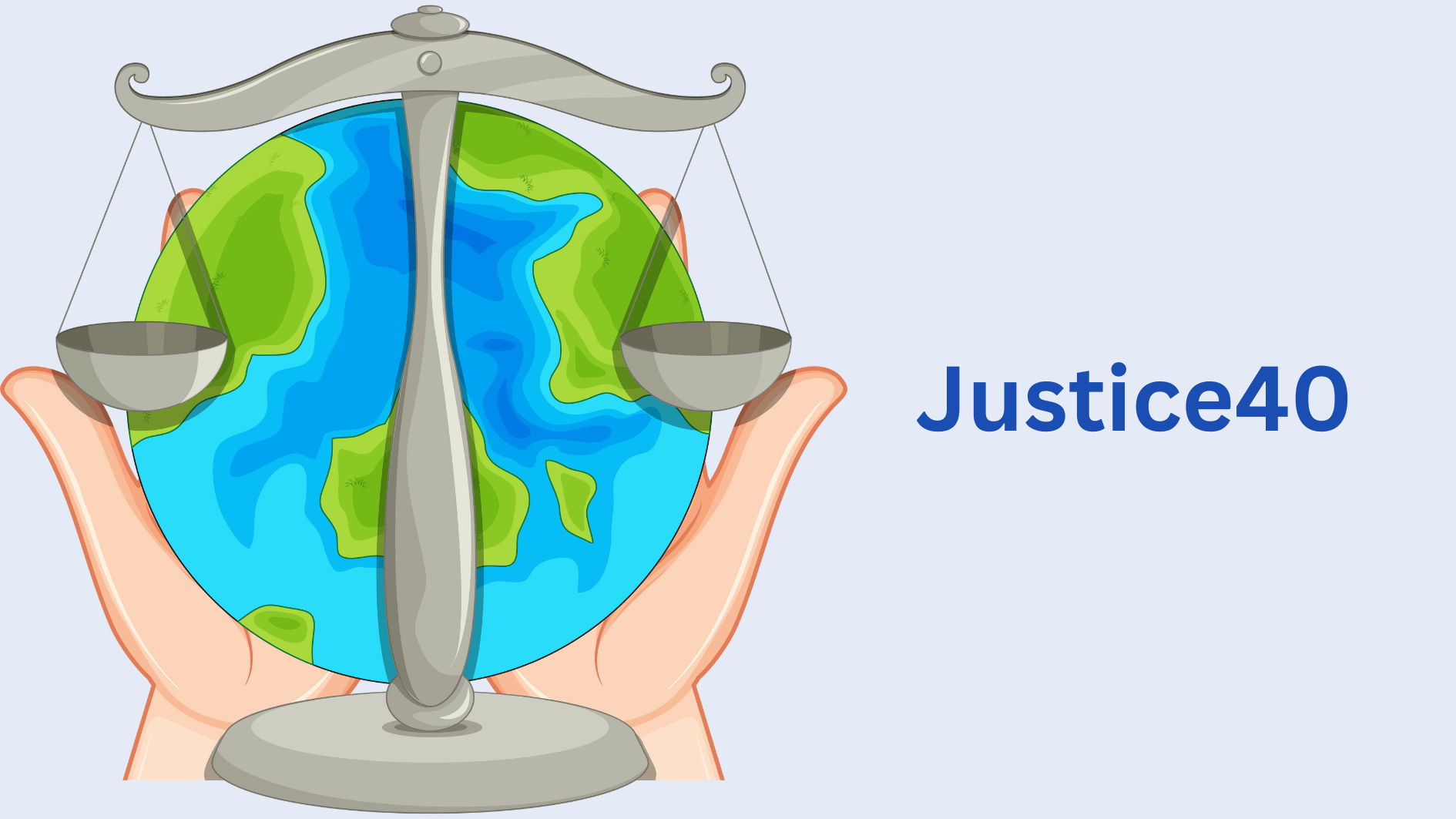Image source: Canva.com
In today’s world, where energy costs continue to rise and economic pressures weigh heavily on low-income households, the promise of solar energy shines brighter than ever. For low-income families, making the switch to solar power isn’t just a choice for environmental sustainability—it’s a pathway to financial relief, energy independence, and community empowerment.
Financial Relief Through Solar Savings
One of the most compelling reasons for low-income families to go solar is the potential for significant savings on monthly electricity bills. By generating their own electricity through solar panels, these families can drastically reduce or even eliminate their reliance on expensive grid electricity. This means more money in their pockets each month, providing much-needed financial breathing room for households struggling to make ends meet.
Stability and Budget Predictability
Solar power offers low-income families a stable and predictable source of energy, providing stability to household budgets. With fixed energy costs and potential savings over time, solar energy helps alleviate financial stress, allowing families to allocate resources to other essential needs like food, healthcare, and education. In an uncertain economic climate, this stability is invaluable for families striving to build a better future.
Energy Independence and Resilience
Solar energy provides low-income families with greater energy independence, reducing vulnerability to fluctuations in energy prices and disruptions in the utility grid. This independence fosters resilience, particularly during times of economic hardship or natural disasters. When the power goes out, solar-powered homes keep humming along, providing a lifeline for families in need.
Housing Value and Quality Improvement
Beyond financial savings, solar installations can increase the value of low-income housing properties, making them more attractive to tenants and potential buyers. This improvement in housing quality translates to better living conditions and increased property values for low-income families, offering a pathway to upward mobility and stability.
Environmental Stewardship and Community Impact
By harnessing clean, renewable energy, low-income families can reduce their carbon footprint and contribute to environmental sustainability. Solar energy systems produce no greenhouse gas emissions during operation, helping to combat climate change and improve air quality in communities. Additionally, solar initiatives targeted at low-income communities provide access to clean energy resources that were previously out of reach, ensuring equitable access to the benefits of solar energy for all.
Economic Development and Job Opportunities
The expansion of the solar industry creates job opportunities for low-income individuals, providing employment in solar panel manufacturing, installation, maintenance, and related sectors. This economic development stimulates local economies and improves livelihoods for low-income families, fostering economic empowerment and community growth.
Educational Opportunities and Community Engagement
Solar installations in low-income communities serve as educational resources, raising awareness about renewable energy technologies and environmental sustainability. These projects provide hands-on learning experiences for residents, schools, and community organizations, fostering a greater understanding of energy issues and solutions. By engaging with solar energy, communities can become empowered advocates for change, driving positive environmental and social impact.
A Brighter Future for All
In conclusion, the benefits of going solar for low-income families are clear and compelling. From financial relief and stability to environmental stewardship and community empowerment, solar energy offers a pathway to a brighter future for all. By expanding access to solar energy resources and support services, policymakers, advocates, and stakeholders can help ensure that all families can participate in and benefit from the transition to clean, renewable energy. Together, we can build a more equitable and sustainable future for generations to come.
Explore further information on solar for low-income families here.
Join us in our mission to empower low-income families with information on solar options! Many underserved communities fear the high initial cost of solar, but we’re here to break down those barriers. With various mechanisms, programs, and incentives, starting prices can be substantially reduced. Plus, understanding your energy needs in watts is crucial, and our calculator can assess that with minimal input – just your address and average electricity bill.





